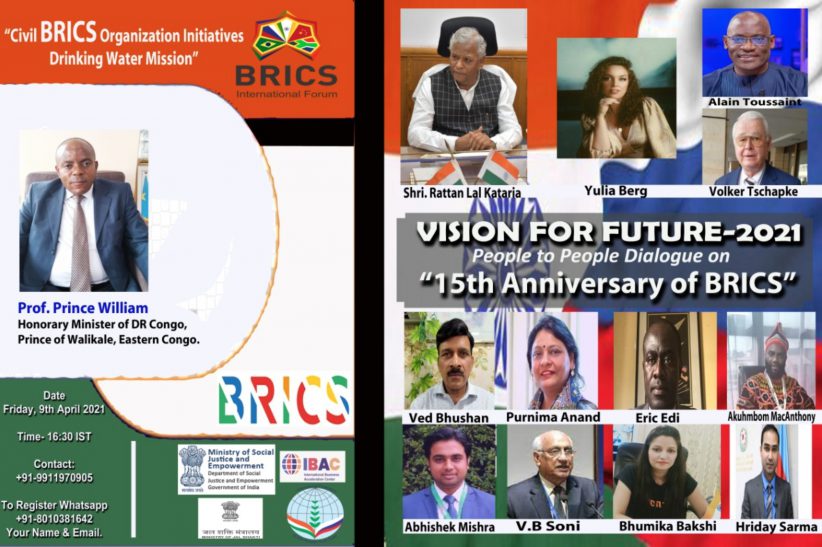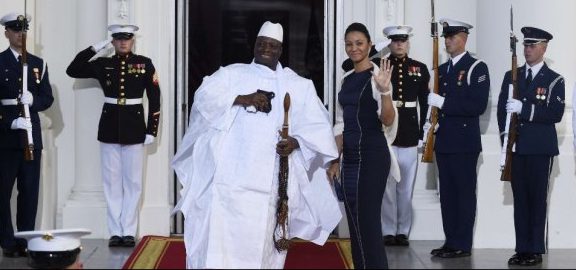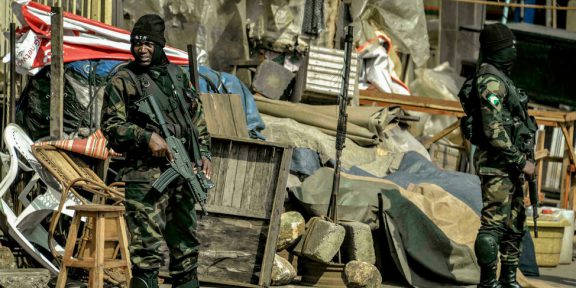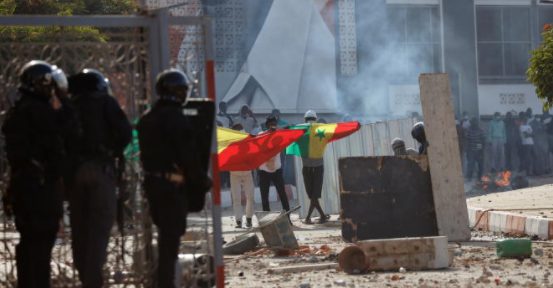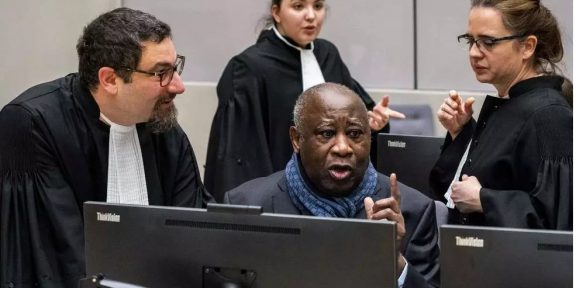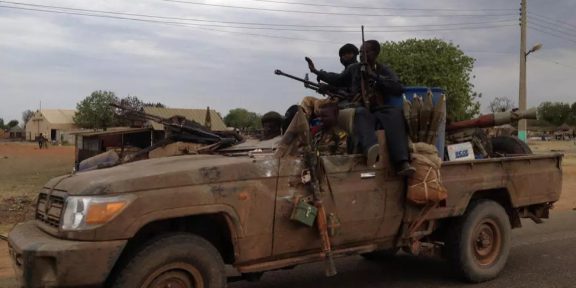On April, 9 experts and diplomats have gathered online to discuss the cooperation opportunities of BRICS and Africa celebrating 15th anniversary of BRICS. The event was organized despite the new restrictions introduced in Delhi by the BRICS International Forum and its partners.
One of the important initiatives was proposed by Minister of State Jal Shakti Shri Ratanlal Kataria, whose speech was dedicated to the drinking water supply problem relevant for many citizens of both – BRICS and African – countries.
Shri Ved Bushan Ji, representing Delhi Police Mahasangh, has emphasized that technical innovation can help to combat the major challenges the countries are facing now.
Experts agree that not only growing economies, but also having similar backgrounds allow BRICS countries and African ones be partners and establish mutually beneficial relations.
The world has been changing rapidly lately, shifting to a more polycentric model. This implies stepping away from the patterns and institutions, including neocolonial ones, that have been ensuring hegemony and dominance of EU, UK and USA in Africa. One of the most important stages in the process of shaping economic models in Africa was the Cotonou trade agreement.
BRICS countries won’t impose paternalistic models on Africa, says Professor Akuhmbom Macanthony from Cameroon, emphasizing that it creates a more comfortable environment and brings better negotiation positions to Africa, giving it the power of choice, which they didn’t have during the “postcolonial” period.
“Another beautiful thing about BRICS is that Russia and China have been “on the right side of history” supporting the struggles for independence from imperialism and against apartheid in Africa”, – he says, which lays better foundations for partnerships. Now we also see the res-erection of the non-alignment movements and spirit of sovereignty, especially with the pandemic that has destroyed the narrative of the new liberalism, again, making many go back to the African Ubuntu philosophy.
Professor Akuhmbom Macanthony specifies that at the moment Russia and China play an important role in ensuring security on the continent, creating a balance of power in the most troubled areas, like CAR, DRC and other ones where France tends to support rebel groups that destabilize those territories.
What else does Russia have to offer? Aside for traditional cooperation areas, such as security, weapons, and mineral resources, now Russia is taking its technologies to the continent: digital, agricultural, medical and educational solutions. African leaders have expressed enthusiasm in response to the initiatives of the Russia-Africa summit that took place in 2019, says Dr Eric Edi from Thomas Jefferson University (USA).
“In terms of relations with Russia, China and India, and comparing to the EU, it has been more about technology transfer than resources extraction,” – says Dr Eric Edi.
China’s role on the continent has been the most important one due to tens of large-scale infrastructural projects implemented and billions of US dollars of investment. For some countries of the African continent China is the trading partner number one. Yet, many experts express scepticism as this implies dependency and huge debt accumulating, Professor Macanthony highlights.

India as a fast growing economy, has been actively increasing cooperation in Africa as well, now offering a wide range of technologies and services – from IT solutions to complex healthcare equipment.
Volker Tschapke from the German Federal Association for Economic Development and Foreign Trade (BWA) suggests that if the sanctions were lifted, Germany, Russia, China and India could work on joint projects in Africa making sure that the best practices are being implemented for the benefit of the people.
Referring to the current economic and business relationships, Dr. Ghnaka Lagoke mentions that the current global system was shaped by the USA back in 1945, after the WWII, when a number of institutions were created in the name of peace and stability (UN, WTO and other ones). These institutions have been setting the framework for trade and economy, through which external actors could also affect politics to a huge extent, making African countries sell their resources at extremely low prices and bringing the money back in controlled aid through IMF and other institutions, thus making the continent lose around 100 billion US dollars per year.
The Commonwealth, as another colonial institution, created to promote the interests of the UK in the (ex)colonies and further, is now losing its power, resources and credibility now that countries are becoming more and more sovereign and independent.
At the same time BRICS that is less institutionalized on the one hand, and more resonating in terms of values and approaches on the other, so it is perceived as a group of strong and promising partners.
Possible cooperation areas, as experts say, are yet to be explores, but it’s already clear that multilayer joint activities would be beneficial not only for their own sake, but also as a factor giving additional negotiation power in Africa – EU relations.
“This is just the beginning, and very soon we will see more and more joint projects between BRICS and Africa implemented in cultural, humanitarian, academic and business areas,” – concludes Purnima Anand, president of the BRICS International Forum.

